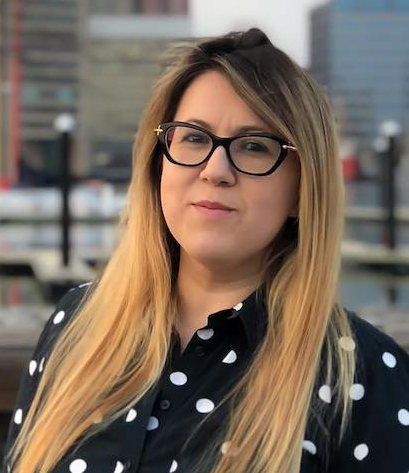Brief Bio
Dr. Kosar is affiliated with the Ionosphere, Thermosphere, Mesosphere Physics Laboratory (code 675) of NASA Goddard. She is an expert in atmospheric and space physics, have studied critical regions of the Earth’s atmosphere through computational modeling and satellite data analysis. Dr. Kosar has wide range of research interests including plasma discharge physics and computational electromagnetics, lightning related transient luminous events (TLEs), data science, citizen science, ionospheric outflow, and magnetosphere-ionosphere coupling. She has experience in modeling upper atmospheric discharges, analyzing space weather data together with non-traditional citizen science data and application of state-of-the art machine learning frameworks to scientific data.
Research Interests
- Plasma discharge physics and computational electromagnetics
- Electrical coupling between tropospheric thunderstorms
- Ionospheric physics, including ion ooutflows
- Numerical modeling
- Data and citizen science
Education
- Doctor of Philosophy (Ph.D.), Physics (2015), Florida Institute of Technology, USA
- Master of Science (M.S.), Space Sciences (2010), Florida Institute of Technology, USA
- Bachelor of Science (B.S.), Physics (Magna Cum Laude) (2008), Florida Institute of Technology, USA
Awards
2019 NASA Agency Honor Award, STEVE/Aurorasaurus Team
2019 Heliophysics Science Division Peer Award
2019 Robert H. Goddard Honor Award, STEVE/Aurorasaurus Team
2018 Best Postdoc Poster, NASA GSFC SED’s 11th Annual Poster Party
2017 Unexpected Discovery Award, NASA Frontier Development Lab
2011 2nd Prize - Mesosphere Lower Thermosphere, NSF CEDAR Student Poster Competition
2011 Outstanding Student Paper Award, AGU Fall Meeting
2009 Outstanding Graduate Student in Physics, Florida Institute of Technology
Selected Public Outreach
Dr. Kosar has helped organizing the first NASA GSFC Workshop on Artificial Intelligence, Helio Hack Week 2020, and served as a mentor in internal task groups focused on data science. Burcu strongly supports innovative projects (Aurorasaurus) that can complement traditional scientific research and lead to new discoveries. Being a part of one has given her the opportunity to work with a highly interdisciplinary team and practice public outreach and science communication efforts. Since 2018, she has been leading summer internship activities of Heliophysics Science Division through CUA’s Scientific and Engineering Student Internship (SESI) program. She is actively involved in data science initiatives at NASA and continuously working to promote adaptation of AI/ML frameworks by the community.

